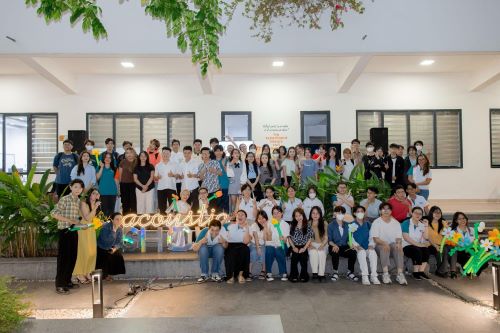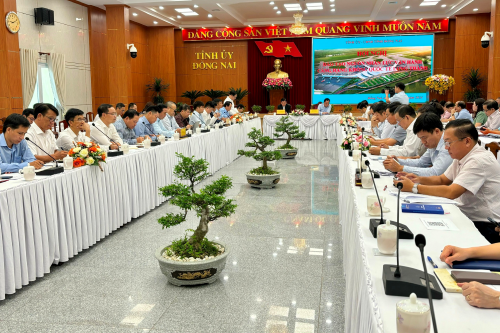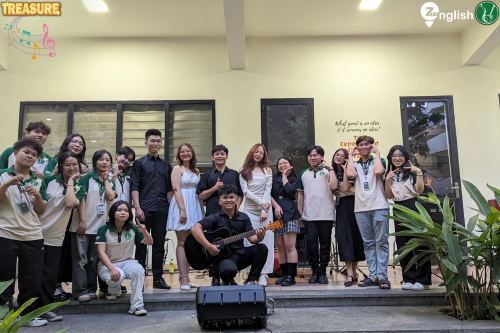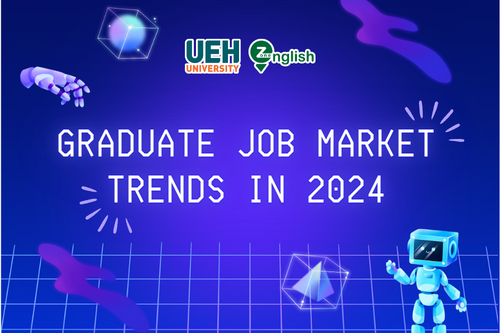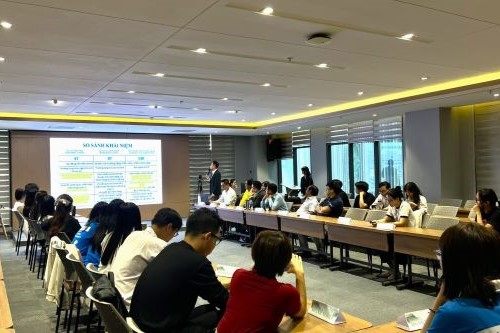![[UEH & WORLD BANK & ESRI VIETNAM] Academic Seminar: Urban Poverty and Inclusion in Ho Chi Minh City](/images/upload/img_background/ueh-bg-025730-062223.jpg)
[UEH & WORLD BANK & ESRI VIETNAM] Academic Seminar: Urban Poverty and Inclusion in Ho Chi Minh City
“Urban Poverty and Inclusion in Ho Chi Minh City” Academic Seminar is a joint initiative of the University of Economics Ho Chi Minh City (UEH), the World Bank (WB) and ESRI Vietnam in our shared mission of contributing important findings and studies pertinent to the sustainable development of not only Ho Chi Minh City but also the whole of Vietnam.
The two-hour programming includes an exciting agenda, including engaging speeches from the distinguished speakers, informative presentations from the World Bank and ESRI Vietnam, and an interactive Q&A session with all participants. The event focused on the discussion of life in Ho Chi Minh City, particularly the risks and challenges from a household and livability perspective, through the analysis of two types of shocks: flooding and COVID-19. The information provided is still a work in progress; thus, welcomes feedback and comments from the audience.
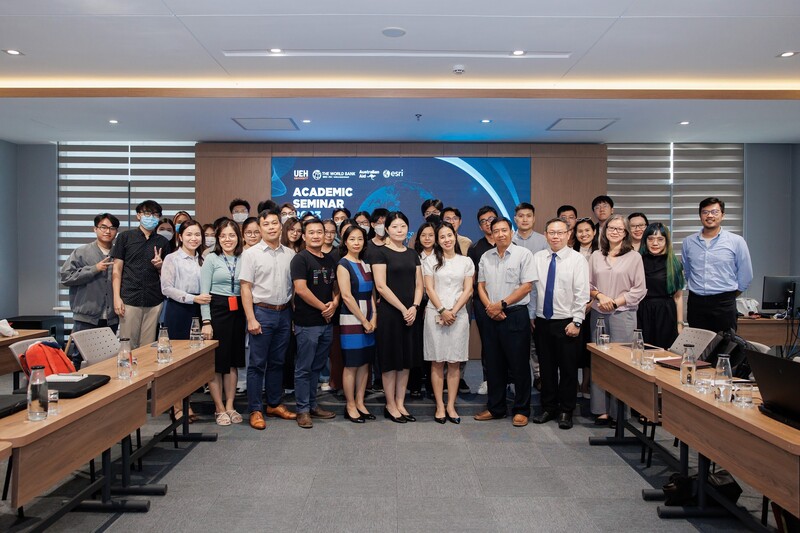
The event welcomed Mr. Vu. Vo - Deputy Head, Department of Research Management - International Cooperation (RMIC); Dr. TuAnh Trinh - Director of the Institute of Smart City and Management (ISCM); as well as representatives from the World Bank, including: Ms. Judy Yang, Senior Economist for Poverty and Equity Global Practice; Ms. Nga Nguyen, World Bank, Vietnam office; and Mr. Wuttiboon Faamnuaypol, General Director of ESRI Vietnam, alongside nearly 50 faculty members, lecturers, staff and students from UEH and other institutions.
In her welcome remarks, Dr. TuAnh Trinh, Director of the Institute of Smart City and Management (ISCM), shared “UEH has long been a proud leading institution of not only high-quality academic training but also in impactful research that looks to contribute to the wellbeing of the people and the sustainable development of our great nation. The work that we’ve done, both in-house and with our external partners, has enabled us to participate in important conversations, with not only other academic institutions, but also government offices and private/public sector stakeholders.” She commended the work and keen spirits displayed by the World Bank and ESRI Vietnam to disseminate knowledge, and thereby, effectively shed light on the pressing challenges faced by our rapidly urbanizing society. She concluded by reiterating ISCM’s core mission and priority in creating a conducive living environment for the people through addressing arising urban issues while encouraging the surroundings to think globally - act locally.”
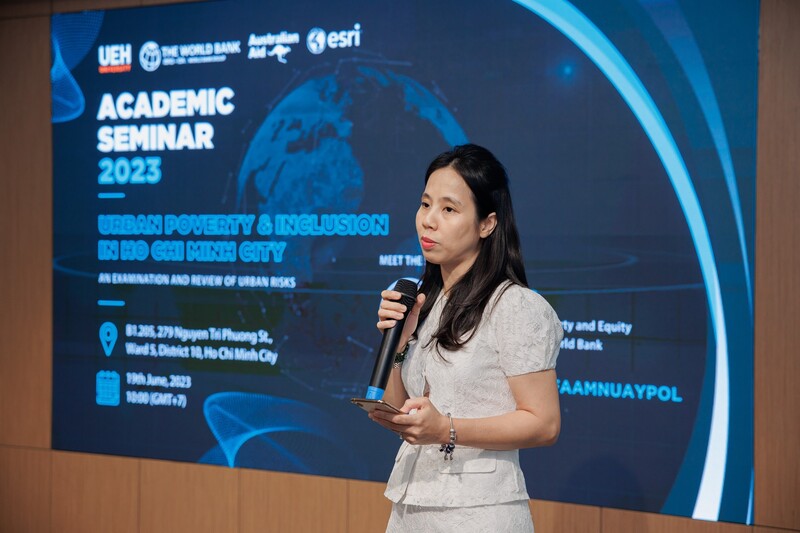
In her presentation, Ms. Judy Yang, Senior Economist, Poverty and Equity Global Practice, showcased the World Bank’s work in evaluating local vulnerabilities with a focus on Ho Chi Minh City. Dr. Yang shared interesting data and figures related to flood risks in the city, highlighting unsuspecting areas that are highly susceptible to such risks. Her expertise provided the audience with crucial insights to enhance their understanding of urban challenges in HCMC.
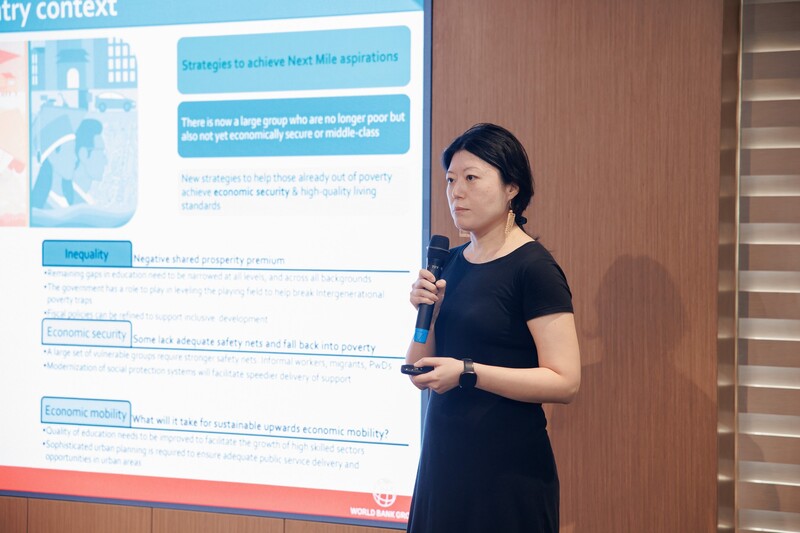
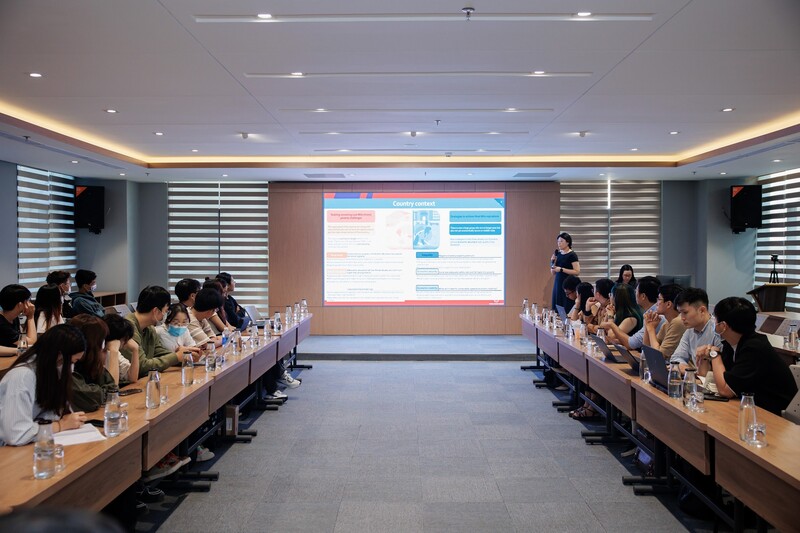
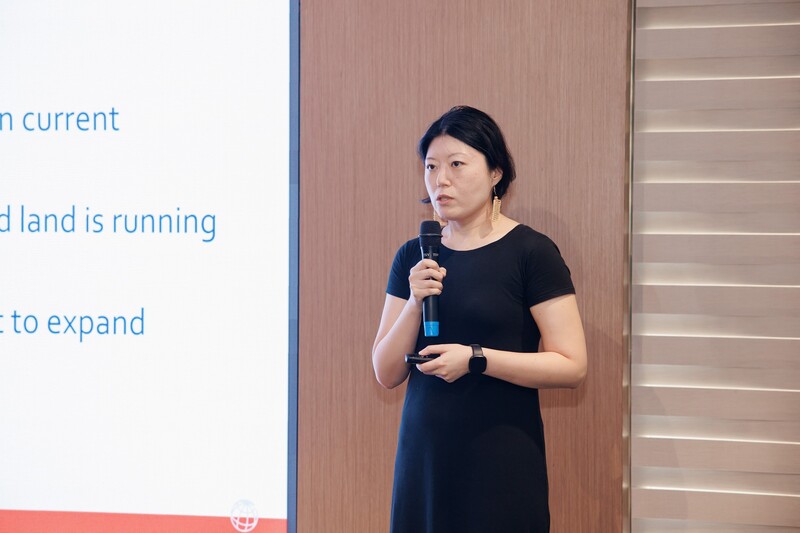
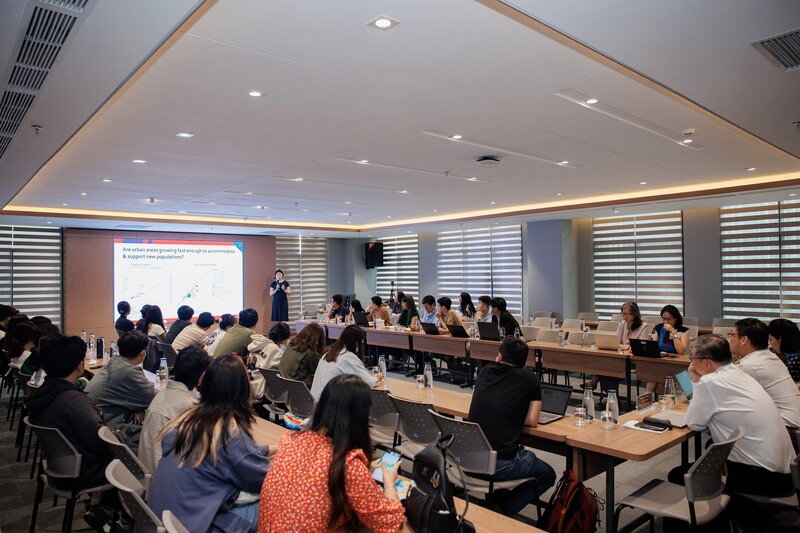
Continuing the seminar, Mr. Wuttiboon Faamnuaypol, the General Director of ESRI Vietnam, captivated the audience with a live demonstration on how GIS technology can effectively map and predict flood risks. He emphasized the significance of utilizing such data to inform policymakers, enabling them to make informed decisions and enhance citizen preparedness. Mr. Faamnuaypol's presentation showcased ESRI's commitment to leveraging geospatial technology for urban risk management.
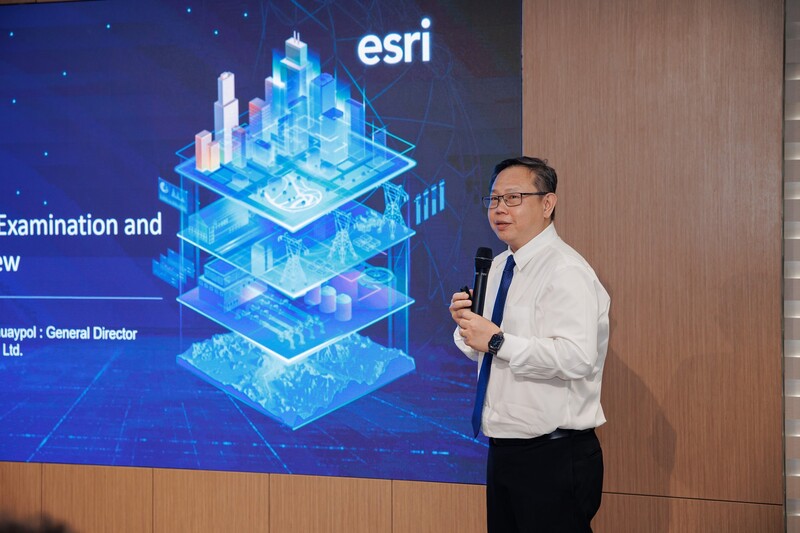
The seminar created an environment conducive to lively discussions and knowledge sharing among the participants. Attendees actively engaged in dialogues exchanging ideas and experiences related to urban poverty and inclusion. The seminar concluded on a positive note, with a group photo session capturing the camaraderie and collective commitment of all participants to address urban challenges.
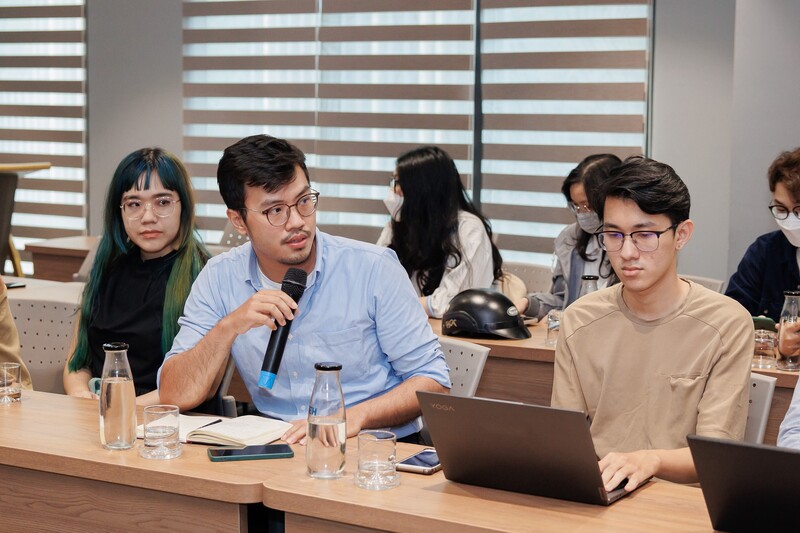
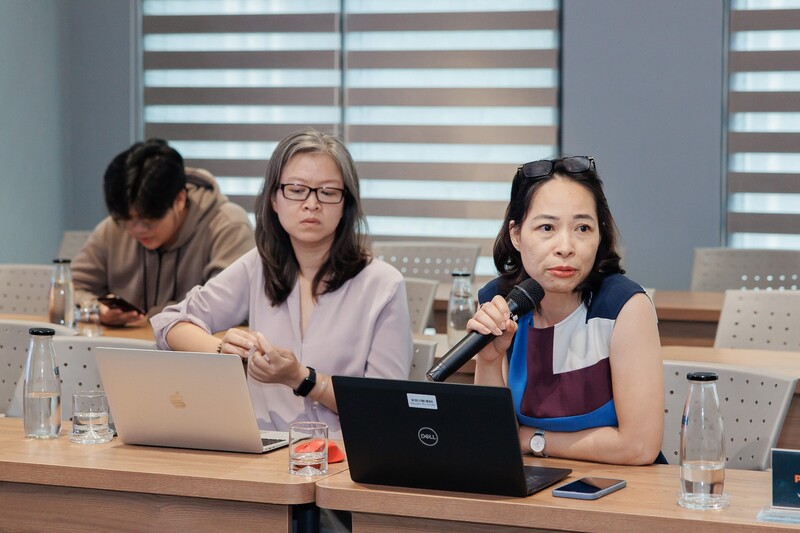
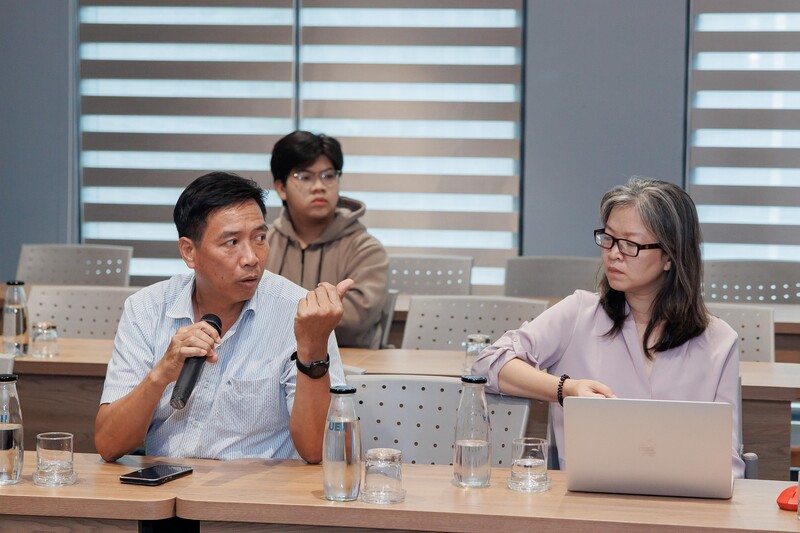
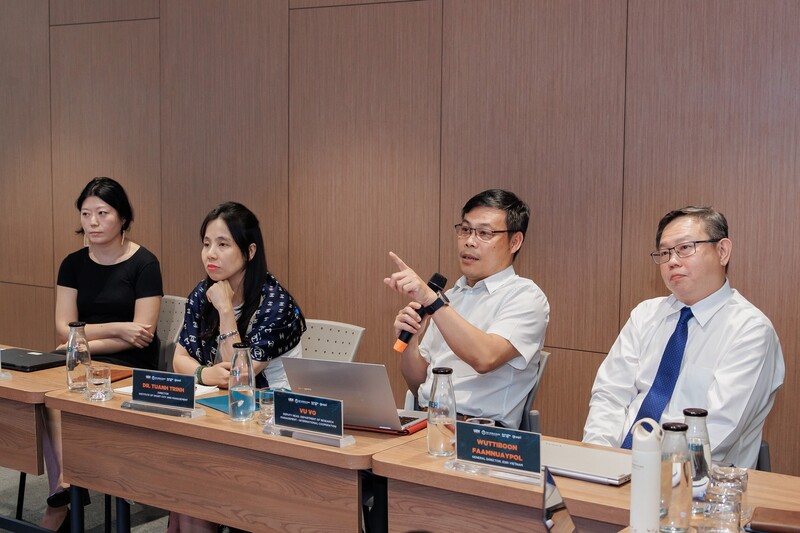
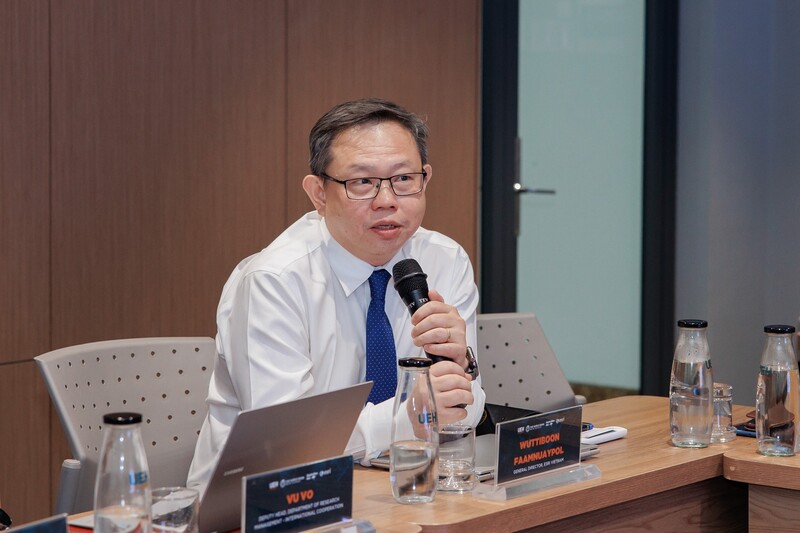
Overall, the academic seminar on "Urban Poverty and Inclusion in Ho Chi Minh City" provided a platform for meaningful collaboration between UEH, the World Bank, and ESRI Vietnam. The event successfully highlighted the importance of data-driven approaches in addressing urban challenges and fostering inclusive development. The valuable insights gained from this seminar will undoubtedly contribute to shaping future policies and actions aimed at creating a more resilient and inclusive Ho Chi Minh City.
More photos from the event:
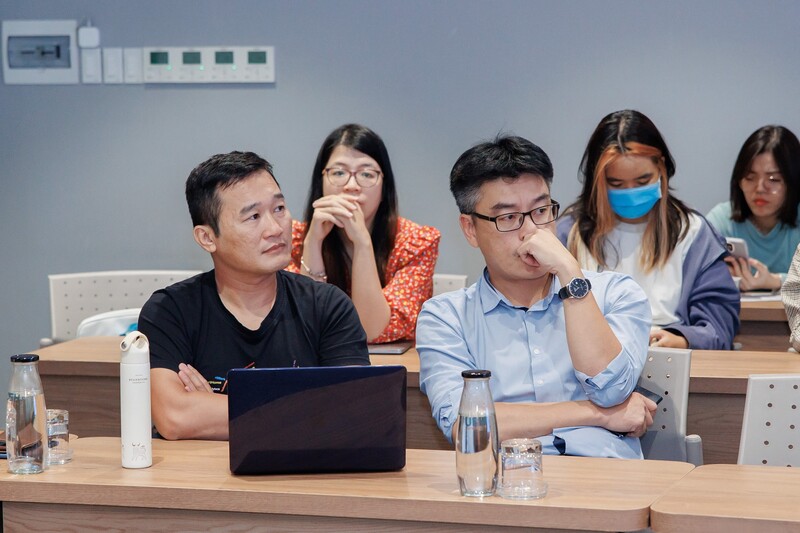
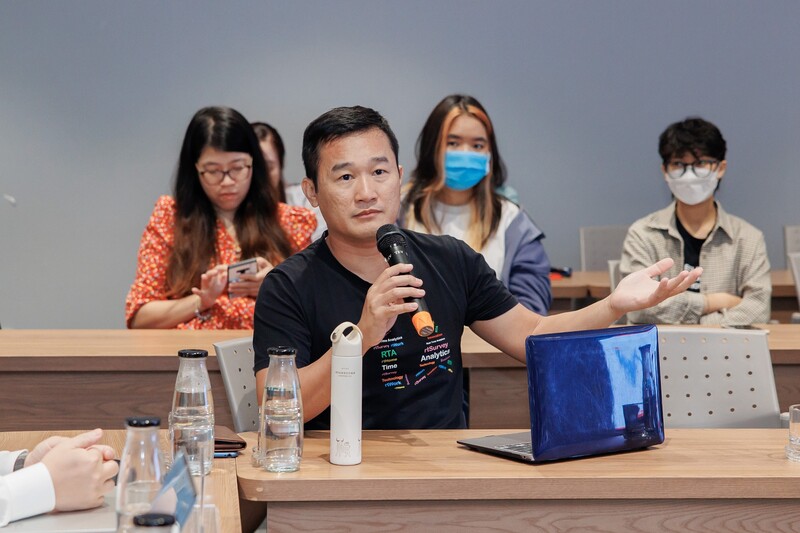
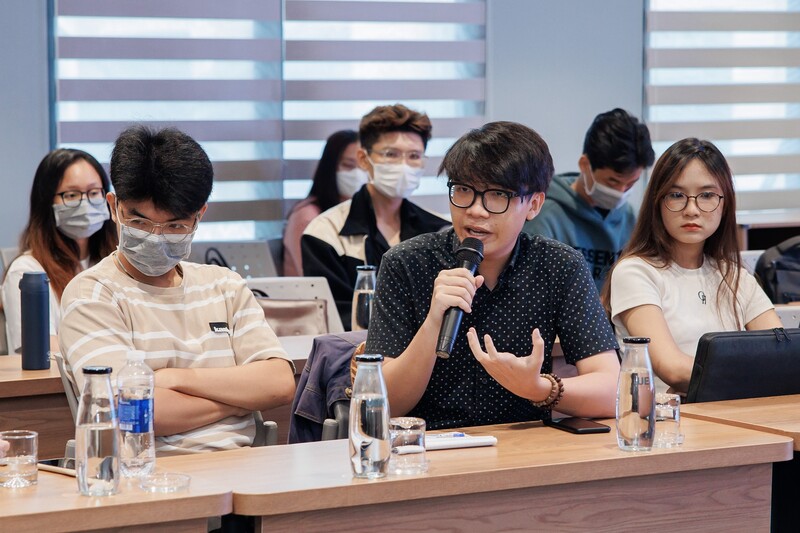
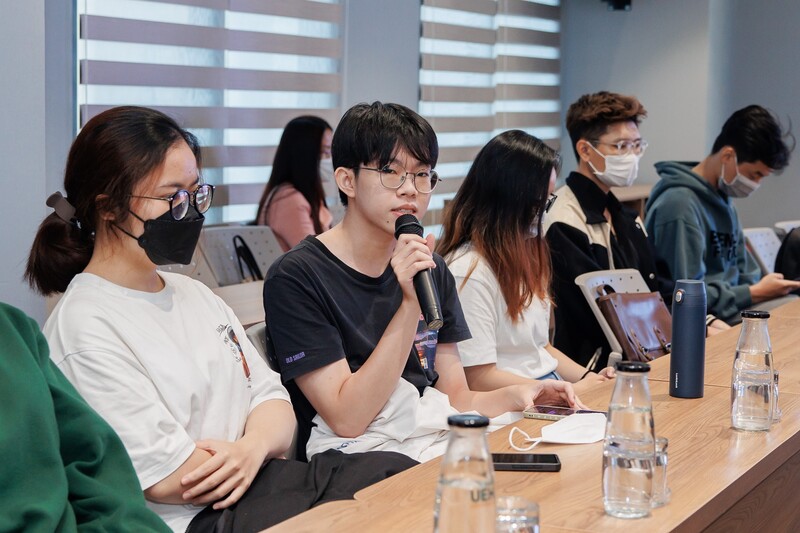
News: Department of Research Management - International Cooperation

